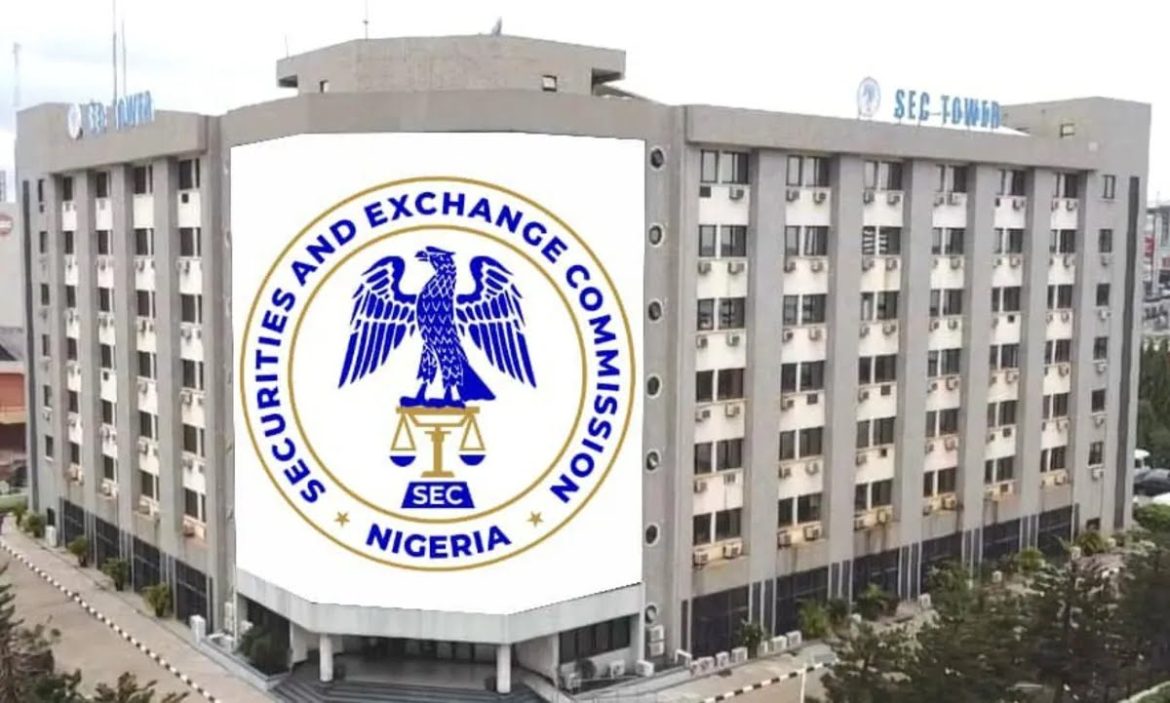1.3K
By Tracy Moses
The Director-General of the Securities and Exchange Commission (SEC), Dr. Emomotimi Agama, has called on West African nations to fast-track the integration of their capital markets, describing it as a crucial step toward mobilising the scale of investments required for the region’s sustainable growth.
Speaking on Thursday in Abuja at the Experts’ Meeting on the Validation of the West Africa Securities Regulators Association (WASRA) Charter and the Recognition of WASRA as the Regulatory Authority for Cross-Border Securities Market in ECOWAS, Agama described the initiative as a “turning point” in the region’s financial evolution.
He noted that West Africa is confronted with a range of pressing development challenges, including infrastructure deficits, climate resilience, digitalisation, and unemployment.
“To address these challenges, we need access to substantial capital,” Agama said. “The reality is that no individual market in the region can provide the required scale alone. A unified regional capital market is not a luxury, it has become a necessity.”
The SEC boss expressed concern over the slow pace of progress in regional integration, warning that “every year of delay represents a missed chance to raise resources for transformative projects that could reshape our economies.”
Highlighting the scale of the challenge, he referenced Africa’s infrastructure financing gap, which exceeds $100 billion annually. “For West Africa alone, tens of billions of dollars are needed to modernise transport networks, upgrade energy infrastructure, and build resilient digital systems,” he said.
According to Agama, without the ability to pool liquidity and expand investor participation through integrated markets, both governments and the private sector will remain hampered by limited fiscal capacity and costly borrowing options.
Drawing from global examples, he cited the European Union and ASEAN as models of how market harmonisation, investor confidence, and cross-border financing can drive economic transformation.
“In Europe, the creation of a single market enabled companies to raise capital across borders, accelerating innovation and competitiveness. Similarly, ASEAN’s harmonised standards and financial cooperation strengthened the region’s economic resilience,” he explained.
Agama pointed out that with a population exceeding 400 million and a combined GDP of roughly $800 billion, West Africa has enormous untapped potential. However, he cautioned that “potential alone achieves nothing without bold action.”
Beyond infrastructure, he said integration would unlock significant benefits in other sectors. “In agriculture, regional markets can channel capital into value chains, agro-processing, and food security. In the digital economy, pooled funding can support innovation hubs, fintech growth, and broadband expansion, ensuring the region’s participation in the fourth industrial revolution.”
He added that cross-border capital, supported by harmonised regulation, could create a “transformational impact” across multiple sectors, particularly in job creation and youth empowerment.
Presenting WASRA’s core objectives, Agama explained that the association was created to drive integration in the region’s capital markets.
“Its mandate includes establishing effective regulatory mechanisms to ensure proper market functioning and investor protection, the foundation of market confidence,” he stated.
He further noted that WASRA would advance integration by initiating joint projects, fostering mutual support among member countries, and establishing uniform regulatory standards. “Integration goes beyond policy statements; it requires tangible collaboration and shared actions that deliver measurable results,” he stressed.
Agama urged policymakers, particularly finance ministers across ECOWAS, to throw their weight behind the WASRA project. “The political commitment of our leaders remains the most critical factor in turning aspirations into reality,” he said, adding that “WASRA, in partnership with ECOWAS, WACMIC, and WAMI, is ready to provide the necessary technical expertise.”
Also speaking at the event, Minister of Finance and Coordinating Minister of the Economy, Mr. Wale Edun, described the gathering as a major milestone in the region’s collective “journey toward a harmonised regulatory environment that reflects ECOWAS member states’ shared ambition to deepen capital market integration, enhance cross-border investments, and promote financial stability.”
Edun, represented by Mr. Hassan Adamu Jibrin, Principal Economist at the Ministry of Finance, noted that validating the draft WASRA Charter was more than a procedural task, it laid the foundation for institutional coherence, regulatory collaboration, and sustainable market growth across the sub-region.
On behalf of the ECOWAS Commission, Mr. Peter Oluonye, Acting Director of the Private Sector Department, emphasised that successful capital market integration would require coordinated efforts from all stakeholders to align rules, practices, and regulations to mutually acceptable standards.
“Our member states continue to rely heavily on external capital inflows and foreign direct investment to finance development programmes,” Oluonye said. “The region urgently needs massive investment in key infrastructure projects to drive economic growth. Capital markets must play a central role in achieving this.”
He added that advancing capital market integration to eliminate barriers to capital movement within the region, including harmonised regulatory frameworks, shared market information systems, interconnected trading platforms, cross-border trade and payment settlements, standardised accounting practices, and internationally recognised governance standards, is essential at this stage of ECOWAS’ economic integration agenda.



